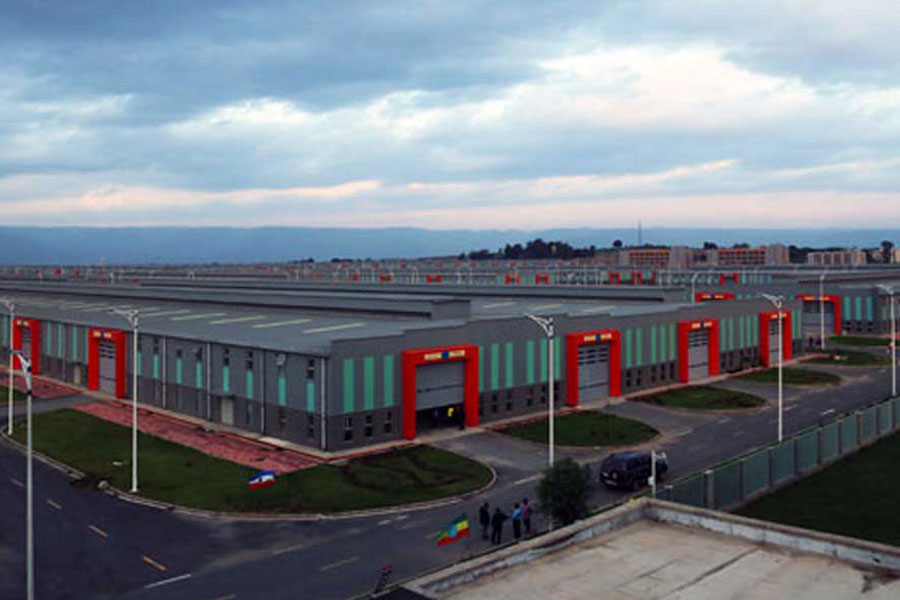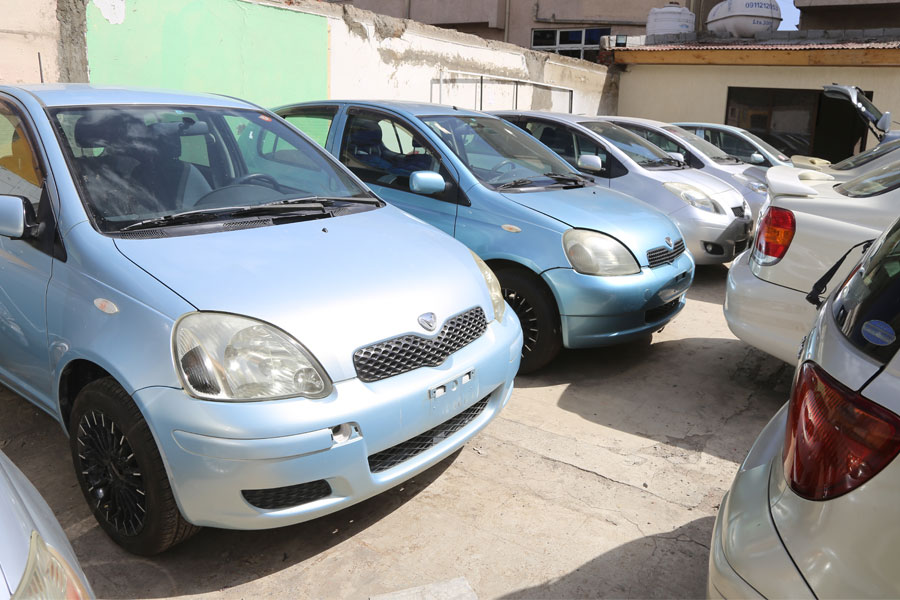
Feb 1 , 2020
By Adair Turner
If governments adopt bold policies to help accelerate the production of clean electricity, the world could build a zero-carbon economy fast enough to limit climate change to a manageable degree. But without such measures, a zero-carbon economy will come much too late, writes Adair Turner, chair of the Energy Transitions Commission.
There is no doubt that by the year 2100, the world will enjoy abundant cheap zero-carbon energy. Coal will be confined to museums, and oil and gas use will be dramatically reduced. Technological progress makes that inevitable, even if unassisted by government policy. But to prevent potentially catastrophic climate change, a zero-carbon global economy must be achieved by mid-century. That, too, is possible, but only with strategic vision and strong policy support.
Electricity will dominate the future global energy system. Currently, it accounts for only 20pc of final energy demand, with direct fossil fuel use still dominant in transport, heating and heavy industry. But most economic activities can be powered by electricity, and many will be far more efficient once electrified.
For example, internal-combustion engines typically turn 60pc to 80pc of all the energy they use into wasted heat, and only 20pc to 40pc into kinetic energy to drive a vehicle. Electric engines, by contrast, are over 90pc efficient. Moreover, they are so much simpler to produce that within five years the cost savings on engines will offset the cost of batteries, making electric vehicles cheaper than diesel or gasoline cars. Similarly, electric heat pumps can deliver more than three kilowatt-hours of residential heating for only one kilowatt of energy input; no gas boiler can deliver more than 0.9Kwh for the same input.
Although battery-powered electric engines will play a growing role in short-distance aviation and shipping, batteries will be too heavy to power long-distance flights or intercontinental shipping for several decades yet. But ship engines could burn ammonia rather than fuel oil – and ammonia can be a zero-carbon fuel if it is made from hydrogen produced by electrolysing water, using electricity generated from renewable sources. In addition, synthetic jet fuel can be made from hydrogen and carbon dioxide extracted from the air. Hydrogen, whether used as a fuel or a key chemical input, will also play a major role in the decarbonisation of heavy industrial sectors such as steel and chemicals.
Without assuming any fundamental technological breakthroughs, we could certainly build by 2050 a global economy in which electricity met 65pc to 70pc of final energy demand, and hydrogen, ammonia, or synthetic fuel met a further 12pc to 15pc. Bioenergy and fossil fuels would then need to meet only about 20pc of total energy use - and applying carbon capture to this greatly reduced fossil fuel use could then ensure a truly zero-carbon economy.
Moreover, such widespread electrification would deliver huge environmental benefits, eliminating the pollution, noise, and unwanted or wasted heat inevitably produced by burning fossil fuels in vehicles, gas boilers, and industrial processes.
Building this economy will require an annual global electricity supply of about 90,000 TWh, compared to 23,000 Twh today; all of that must be generated in a zero-carbon way. But this goal, too, is undoubtedly attainable.
Every day, the sun radiates to Earth enough energy to cover 8,000 times humans’ daily energy needs, and we could provide 90,000 TWh of solar electricity using less than 1.5pc of Earth’s land surface (or less than 0.5pc if its water surface could be used as well). Solar-energy costs have fallen by 85pc in the last 10 years, and in many locations, solar power is already cheaper than coal. By mid-century, it will be cheaper still.
Wind power costs also have declined fast, and nuclear fusion may be a commercially viable technology within two decades. Battery costs have fallen by more than 80pc since 2010 and will likely more than halve again by 2030, while a recent report suggests that electrolysis costs will now most probably “plummet.”
Furthermore, a wide array of other energy-storage and demand-management technologies promises to answer the key question for renewable power systems: what to do when the sun does not shine and the wind does not blow.
These developments make it inevitable that by 2100 the world will have an ample supply of cheap and totally clean energy. But it is not inevitable that we will avoid catastrophic climate change. Fossil fuel use is still increasing, and global warming is currently on track to reach three-degree Celsius above pre-industrial levels by 2100, dramatically overshooting the target of well below two degrees Celsius set by the Paris climate agreement. And although solar and wind costs have plunged, we need to increase capacity at three to four times the current rate to have a feasible chance of producing 90,000 TWh of clean electricity by 2050.
The macroeconomic cost of such an effort is not at all daunting: the total incremental investment required to build a zero-carbon economy by 2050 amounts to about one to 1.5pc of global GDP a year. But the required acceleration will not occur without forceful government policies.
Such policies must start by recognising that massive clean electrification, plus large-scale hydrogen use, is the only route to zero-carbon prosperity. Governments should set challenging targets for increasing renewable - and in some cases nuclear - power capacity, while using auctions to secure private-sector delivery at the lowest possible cost. Road-transport strategies must aim to completely eliminate internal-combustion engines from our roads by 2050 at the very latest: this will require bans on the sale of new internal-combustion vehicles far sooner. In addition, carbon pricing is essential to make industrial decarbonisation economic.
Finally, governments must support new technologies with initial deployment subsidies of the sort that have helped to reduce rapidly the costs of solar photovoltaic technology, wind turbines and batteries.
With such policies, the world could build a zero-carbon economy fast enough to limit climate change to a manageable extent. But without the right measures, a zero-carbon economy will come much too late.
PUBLISHED ON
Feb 01,2020 [ VOL
20 , NO
1031]


Fortune News | Nov 30,2019

Fortune News | Feb 17,2024

Fineline | Dec 14,2019

Agenda | Mar 16,2019

Fortune News | May 04,2019

Photo Gallery | 175137 Views | May 06,2019

Photo Gallery | 165362 Views | Apr 26,2019

Photo Gallery | 155654 Views | Oct 06,2021

My Opinion | 136779 Views | Aug 14,2021

Dec 22 , 2024 . By TIZITA SHEWAFERAW
Charged with transforming colossal state-owned enterprises into modern and competitiv...

Aug 18 , 2024 . By AKSAH ITALO
Although predictable Yonas Zerihun's job in the ride-hailing service is not immune to...

Jul 28 , 2024 . By TIZITA SHEWAFERAW
Unhabitual, perhaps too many, Samuel Gebreyohannes, 38, used to occasionally enjoy a couple of beers at breakfast. However, he recently swit...

Jul 13 , 2024 . By AKSAH ITALO
Investors who rely on tractors, trucks, and field vehicles for commuting, transporting commodities, and f...

Oct 18 , 2025
The political establishment, notably the ruling party and its top brass, has become p...

Oct 11 , 2025
Ladislas Farago, a roving Associated Press (AP) correspondent, arrived in Ethiopia in...

Oct 4 , 2025
Eyob Tekalegn (PhD) had been in the Governor's chair for only weeks when, on Septembe...

Sep 27 , 2025
Four years into an experiment with “shock therapy” in education, the national moo...

Oct 18 , 2025 . By NAHOM AYELE
In a sweeping reform that upends nearly a decade of uniform health insurance contribu...

Oct 18 , 2025 . By BEZAWIT HULUAGER
A bill that could transform the nutritional state sits in a limbo, even as the countr...

Oct 18 , 2025 . By SURAFEL MULUGETA
A long-planned directive to curb carbon emissions from fossil-fuel-powered vehicles h...

Oct 18 , 2025 . By BEZAWIT HULUAGER
Transaction advisors working with companies that hold over a quarter of a billion Bir...